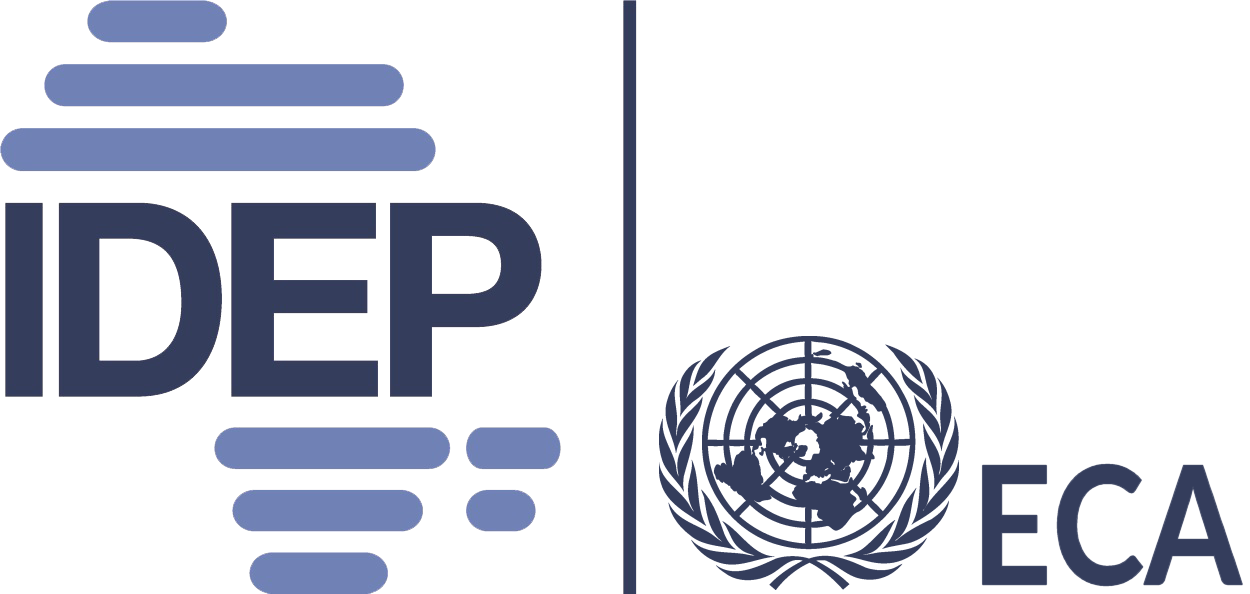
Dakar, Senegal, August 18, 2017 (ECA) - From 24 July to 4 August 2017, the African Institute for Economic Development and Planning (IDEP) organized a course on Agricultural Policy for African public officials.
The course gathered 27 participants from the following countries: Benin, Burkina Faso, Burundi, Cameroon, Central Africa, Chad, Comoros, Cote d’Ivoire, Democratic Republic of Congo, Egypt, Ethiopia, Kenya, Malawi, Mauritania, Morocco, Namibia, Nigeria, Senegal, Sierra Leone, Sudan, Swaziland, Tunisia, Zambia and Zimbabwe.
Among the 27 participants were two participants from regional institutions, namely the West African Economic and Monetary Union (WAEMU) and the Intergovernmental Authority on Development (IGAD).
The course aimed at providing training on agricultural policy with a view to strengthening and/or renewing the knowledge and capacity of African policy makers, including senior managers, negotiators, advisors, planners and analysts, to meet the core challenges of growing the agricultural sector as a central engine of national economic development and social policy.
In doing so, the course exposed participants not only to the current state of knowledge and the comparative lessons which are available to Africa, but also to some of the best practices that serve as relevant examples of how an integrated and comprehensive agricultural policy regime has been used to promote economic transformation and social well-being.
The course raised awareness for Africans to improve the terms of trade for African agricultural exports, and have a watchdog attitude regarding new issues centering on oligopolistic controls exercised by major corporations in the global seed market, the introduction of genetically-modified crops, the sustainability of the environment, and the increased interest of international financial speculators in international agricultural markets.
The modules presented emphasized agricultural policy which is fit for the challenges faced by African countries and that must capture the complex inter-connections between domestic and global processes in order for durable national development to be delivered through the mobilization of the opportunities offered by the agricultural sector.
Mr. Simon NJOE (OIC), on behalf of IDEP Director, Mrs. Karima BOUNEMRA Ben SOLTANE, recalled the importance of the topic with the example of the ECOWAS Agricultural Policy (ECOWAP), adopted by the ECOWAS Heads of States, as an instrument for the coordination of the Comprehensive Africa Agricultural Development Programme (CAADP).
He also informed the audience that IDEP has now commenced in earnest its additional method of course delivery on an e-Learning platform, with specific mention to the on-going partnership with the UN Institute of Training and Research (UNITAR). He informed the participants that the e-Learning course on the ERA (Economic Report on Africa) 2017 titled ‘Urbanization and Industrialization for Africa’s Transformation’ had been launched with a commencement date of 23rd October 2017 and invited those interested in the course to register for it.
At the closing ceremony, Mr. Modou MBOUP, the Technical Advisor to the Minister of Agriculture and Rural Equipment in the Government of Senegal who chaired the session on behalf of the Minister, reiterated the position that “Africa hosts a huge spectrum of suitable agro-climatic conditions that allow a broad range of diverse agricultural production. In addition, Africa still has vast arable lands, water and a young labor force. However, our countries are still importing large quantities of agricultural and food products that can be produced within the continent.”
Dr. RUGUBE, the Course Director, underlined the interactions between participants by mentioning that the group was very conversant with the subject matter. He exhorted them to add value to the mix experience and practice so as to come up with very good policies for their respective countries.
The diplomatic corps present at the closing ceremony, unanimously agreed on the need to strengthen the partnership between African countries and to financially support IDEP in its mandate to assist member States build their human resource capacities as a necessary prerequisite for promoting socio-economic development.